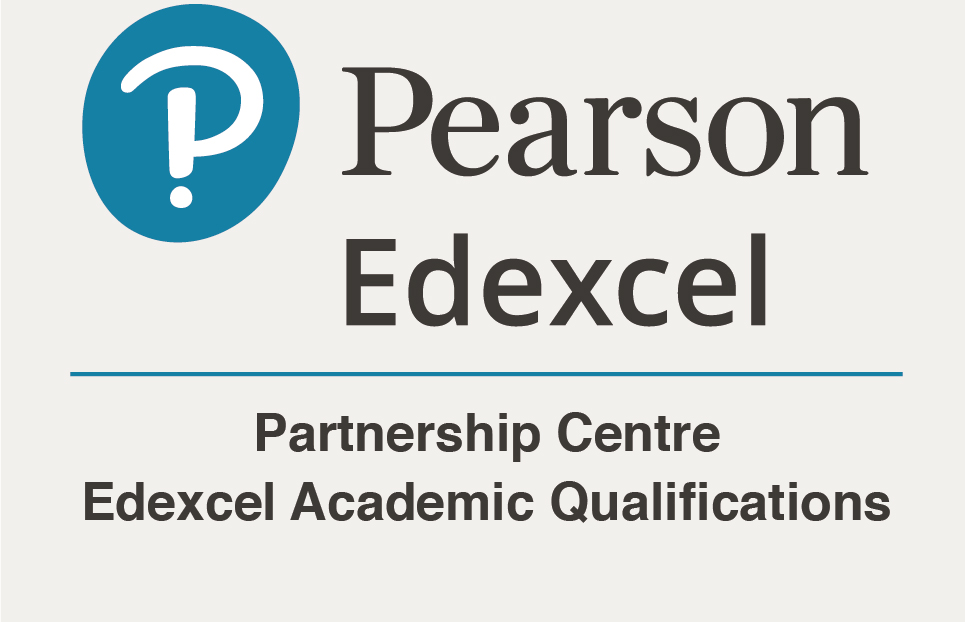Are you putting your child off reading?
If you’re lucky enough to be the parent of a natural bookworm, supporting your child can be a simple matter of regular bookshop or library visits, allowing them enough time and space to pursue their interests, and perhaps occasionally reminding them to balance their bibliomania with some fresh air. The majority of parents likely want to encourage a love of books in their child as the benefits of such a passion are well documented. Children who read regularly enjoy advantages in academic achievement, writing skills, general knowledge and vocabulary growth. Reading helps to develop empathy and there are studies that indicate that it may also help foster imagination. More broadly, research has indicated that reading may help combat social exclusion and raise educational standards.
However, a review of recent literature indicates that people are reading less and that young people are failing to meet reading milestones from the age of ten onwards. Studies on successful literature engagement highlight the need for support from a parent, teacher, guardian or any combination of interested individuals. Understandably, this means that many teachers advocate the increased involvement of parents. However, recent research from the University of Cambridge indicates that parent and teacher intervention might actually be deterring children from reading. The study, which focused on the reading habits of children aged between nine and twelve, explored the extent to which participants read for pleasure, and the different factors influencing their reading engagement.

According to the study, when children were not allowed to select their own books and when they were not allowed to read their preferred books during their leisure time, there was a negative impact on reading engagement. Forcing children to finish a book had a similarly negative impact. The aim here is to avoid the formation of negative associations with parental reading. The same results were visible when teachers engaged in similar behaviours. An elements of autonomy (or perceived autonomy) was necessary in order to deter children from reading entirely.
Simultaneously, questioning as a supportive approach needs to be used judiciously. Teachers and parents often ask children questions about what they are reading. This might seem like a useful too, demonstrating interest while also checking comprehension. However, the study found that this tactic was not popular with children, as those interviewed argued that the process took them away from their reading and made them feel examined. This doesn’t mean that you can never discuss a book with a child, but it does need to be done carefully.
Overall, the study recognised the importance of navigating the tension between a child’s desires and parental expectations. Young readers, like the adult counterparts, sometimes just want to curl up with a good book that appeals. We hope you are enjoying this new version of Smart Lessons. If you’d like us to investigate a particular topic, please let us know.
© 晉博教學中心 Brighten Test Prep Centre


